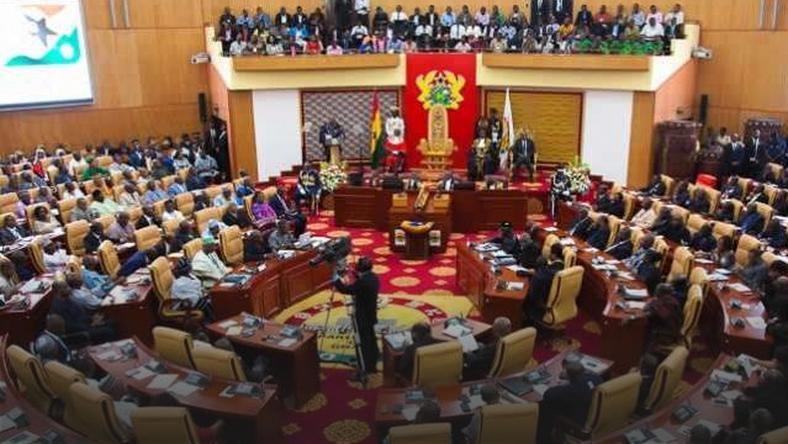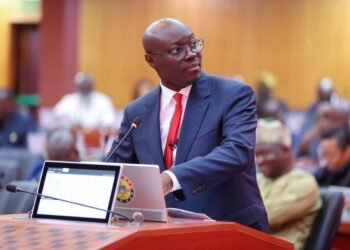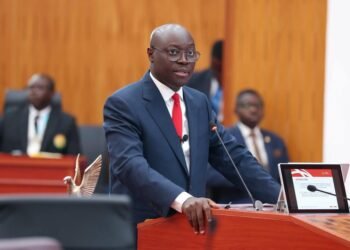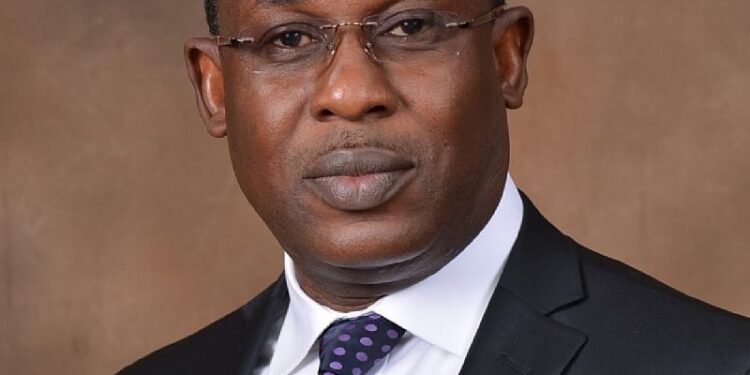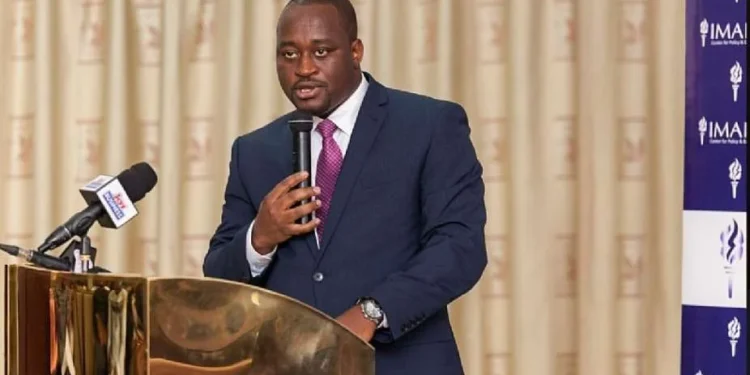17 days after the December polls, discussions have transitioned from the possibility of a hung parliament to the opposition party’s contentions with Techiman South Parliamentary results. The court as at yesterday, placed an injunction on EC’s gazetting the MP elect for Hohoe. A parliamentary majority for the opposition seems to be in sight, yet, this may be re-awakening fears of a haunted second term for Akuffo-Addo.
Having conducted a generally peaceful election, it was unexpected that, one would have envisaged such an outcome. The aftermath of the 2020 elections has been characterized by an atmosphere of dysphoria and uncertainties even much more than the build-up to the elections.
After losing the presidential race to NPP’s Nana Addo Dankwah Akuffo-Addo, the NDC has since been hopeful of winning majority of the parliamentary seats. Should that happen, the then minority caucus of the 7th parliament becomes the majority in the 8th parliament, it would implicitly decide the selection of the next Speaker of Parliament, it would have the majority of representatives in the standing and select committees of parliament, and dictate the approval or disapproval of the government’s policies and programmes presented to parliament.
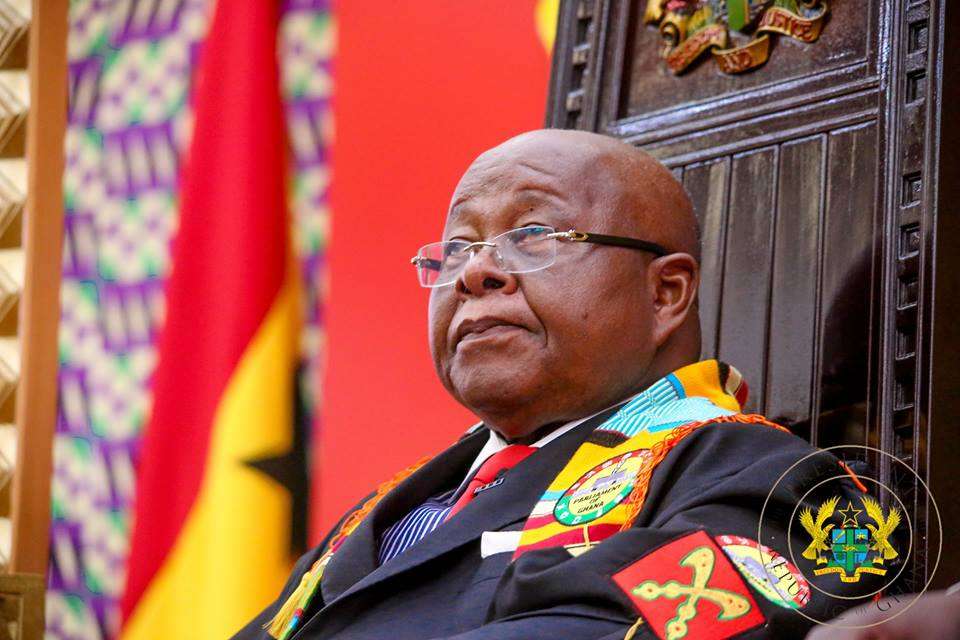
Whether such a situation would affect the implementation of government’s programmes in the next four years is still open to debate, since this will be the foremost occurrence of such a situation in the history of the republic.
Contributing to the debate, Dr. Camara Obeng, an Economist and Senior Lecturer at the Department of Economic Studies, School of Economics, UCC explained that such a circumstance is in the right direction, only that, excesses that are likely to surface must be trimmed off and be treated with the contempt it deserves for the country’s progress.
He contended that, the era where Members of Parliament (MPs) do not critically scrutinize government policies or programmes on the merit they wield, but rather vote on their approval because they are aligned to the government in power would be no more.
“We have been too comfortable with every government getting the support of its policies whether they are good or bad,” he said and added that a number of the MPs do not understand the issues being discussed on the floor of parliament, citing the very controversial AGYAPA DEAL as an example.
He further said that: “If we are privileged to have a well-informed parliament, and they debate the issues very well, then we are not only going to come out with very good policies that will inure to the benefit of all of us. In that case, we would not have policies run through like they have done over the years.”
He stressed that the current apprehension in the camp of the Nana Addo-led government need not be there, indicating that, if the parliament is well-informed, it does not matter which political ideology one sides with. As far as the government brings up a good policy, it should not matter ones political affiliation, a good thing must be supported.
However, he stated that policies that have been in contention are predominantly those that the populace are not well-informed and the parliamentarians also have hidden interests, they are then eager to run them through. “Otherwise, this apprehension should not be there,” he affirmed.
He therefore suggested that: “We should do politics of issues and not politics of type and traditions- Once I am an NPP or NDC, anything coming from my party I support it but anything from the opposing party I must kick against. That kind of politics doesn’t help.”
The fundamental issue that needs to be addressed as a nation is the caliber of people who are being voted for as Members of Parliament (MPs)- “the quality of people who are going into parliament, do they have what it takes? This is what we have not dealt with as a country,” he stressed.

